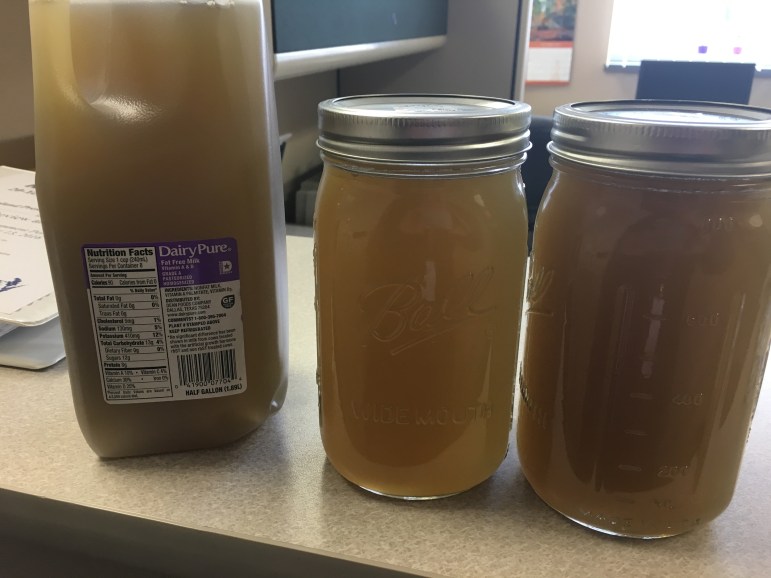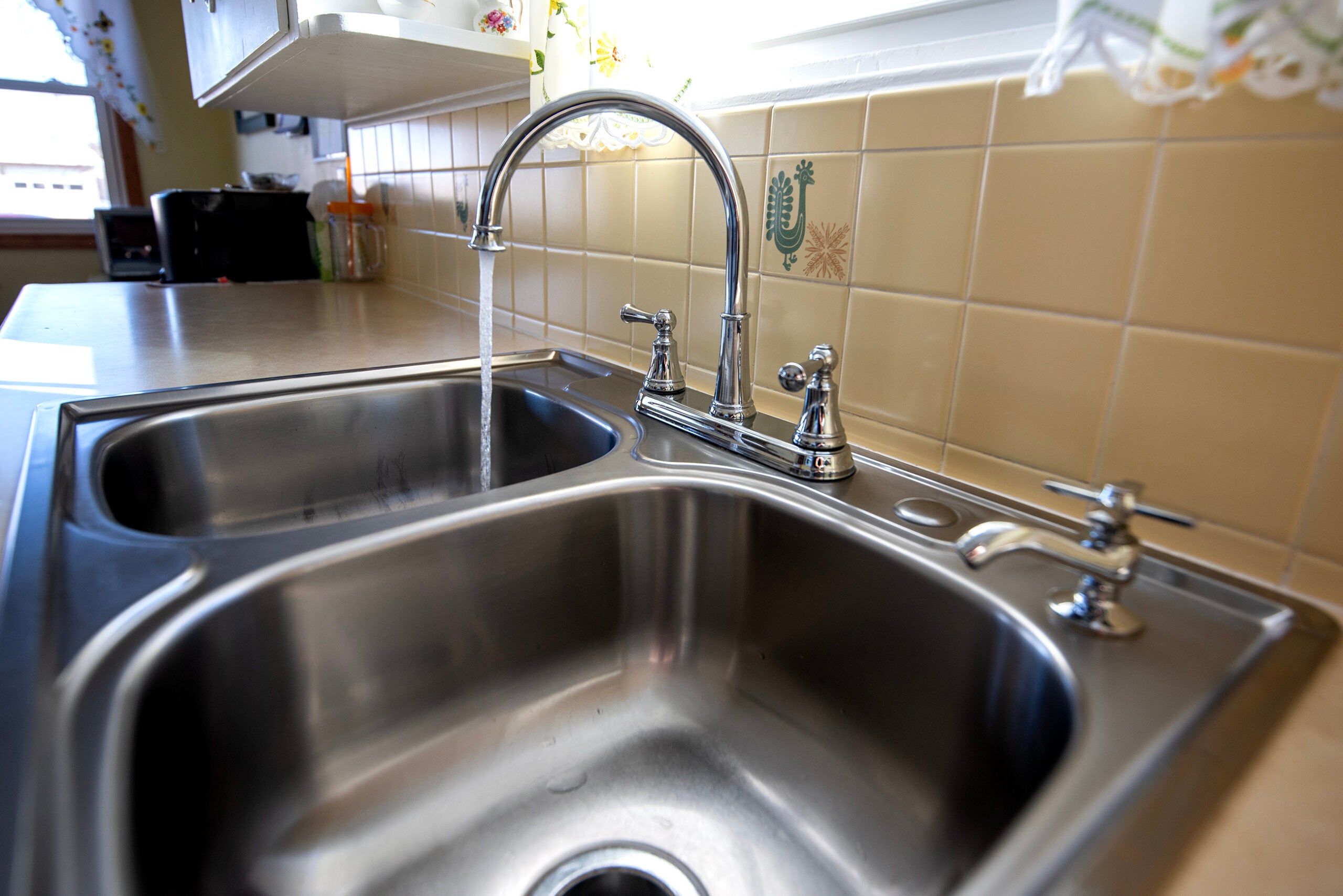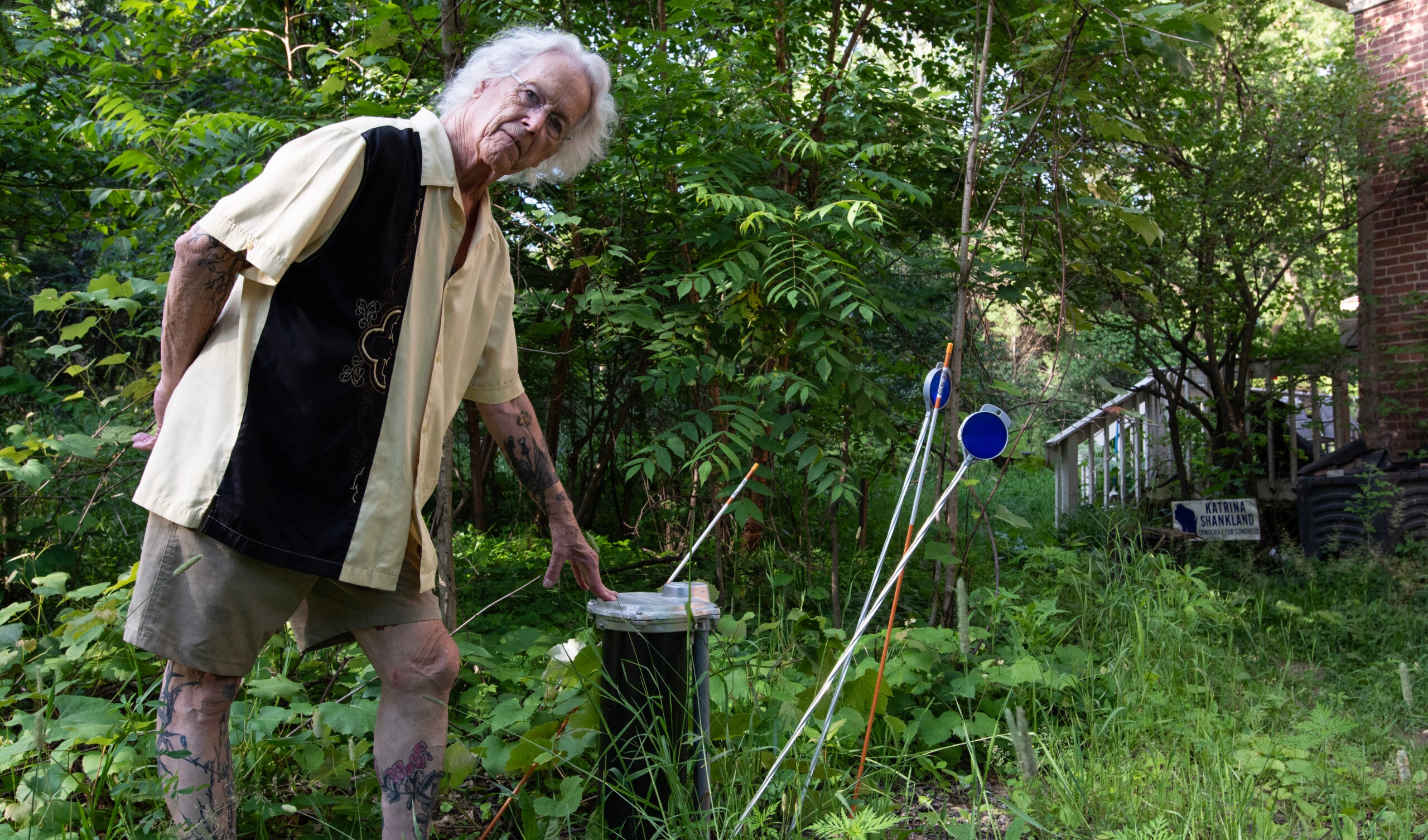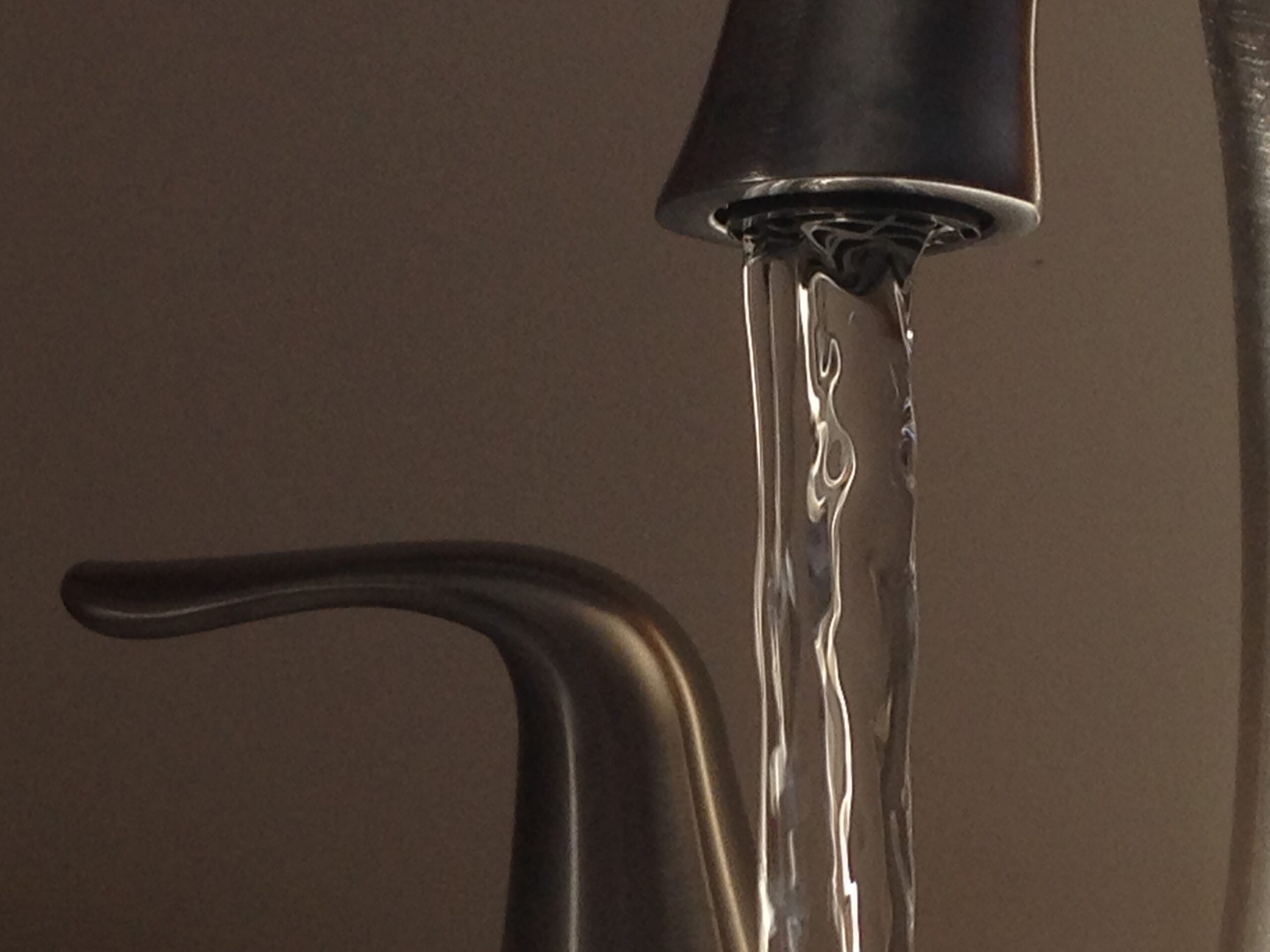Private well owners would have an easier time accessing state grants for nitrate-contaminated wells under a bipartisan bill that’s being weighed by lawmakers.
Nitrates are the state’s most widespread contaminant and have been associated with blue baby syndrome, birth defects, thyroid disease and colon cancer. Research has shown around 10 percent of private well samples in Wisconsin exceed federal health standards for nitrates. Around one-third of people in the state rely on private wells for drinking water.
State Rep. Joel Kitchens, R-Sturgeon Bay, and Sen. Rob Cowles, R-Green Bay, are sponsoring the bill. They along with state Rep. Katrina Shankland, D-Stevens Point, testified Tuesday in support of the legislation during a public hearing held by the Assembly’s agriculture committee. The bill is among a dozen others proposed by a water quality task force convened by Assembly Speaker Robin Vos, R-Rochester, in 2019.
News with a little more humanity
WPR’s “Wisconsin Today” newsletter keeps you connected to the state you love without feeling overwhelmed. No paywall. No agenda. No corporate filter.
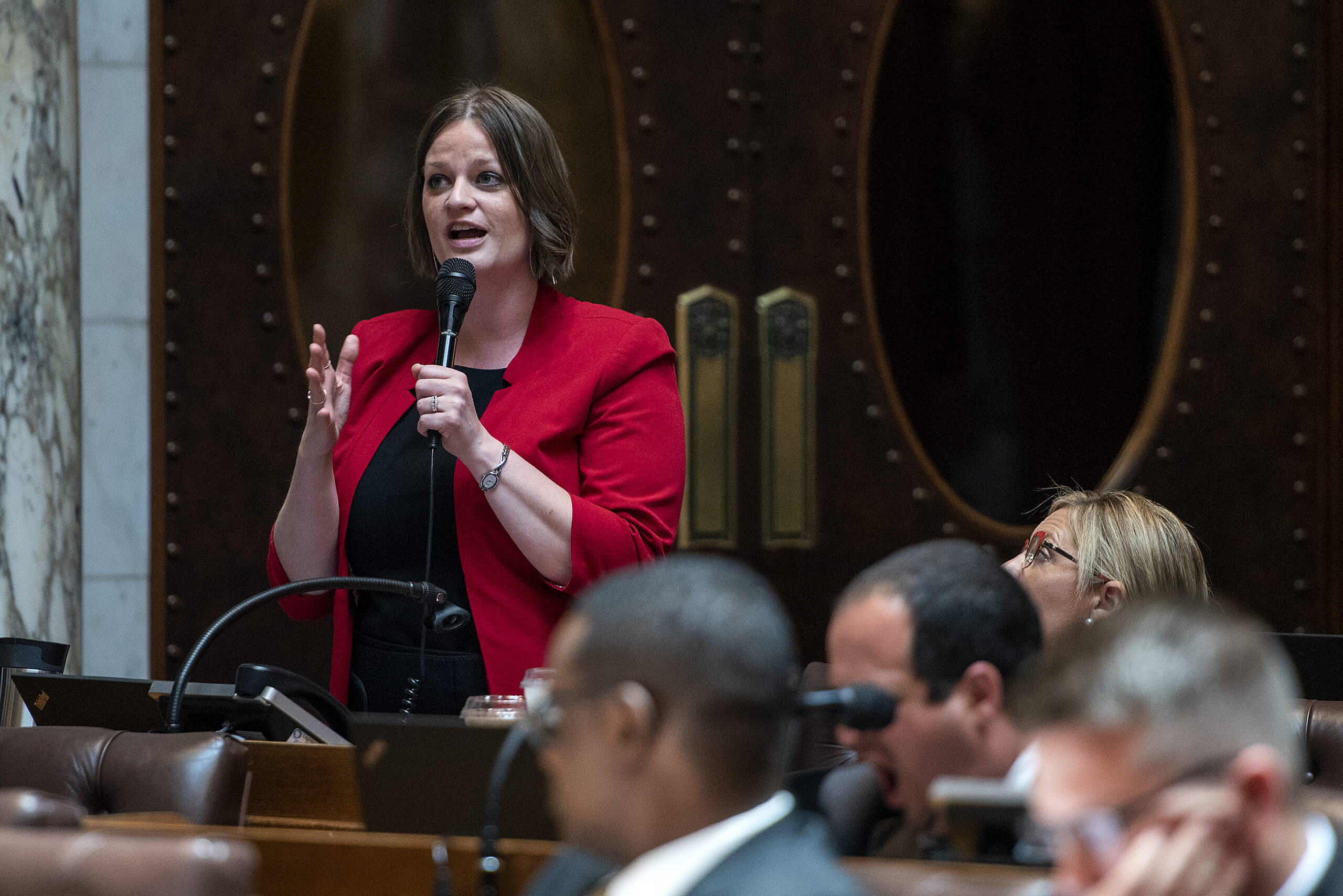
Currently, owners of nitrate-contaminated wells can apply for grants from the Wisconsin Department of Natural Resources to cover part of the costs to treat water, abandon a well or build a new one. But lawmakers say the state’s well compensation grant program limits who can access funds despite the $2 million allocated under the current budget. Shankland said the program hasn’t awarded a grant to private well owners with nitrate contamination since 2019.
“The current program is not working, and we have to open it up so people have access to it if their wells are contaminated with nitrate,” Shankland said.
The legislation would eliminate eligibility requirements that nitrate-contaminated wells must serve as a water supply for livestock or contain nitrates in excess of 40 parts per million. That’s four times higher than the federal health standard of 10 parts per million for public water supplies. Now, private well water that meets the federal threshold would qualify for funds.
The bill would also direct the DNR to prioritize awarding grants to well owners with higher levels of nitrate contamination, and it would encourage the use of treatment methods like reverse osmosis prior to replacing wells if they’re effective at protecting public health.
The state is estimated to have more than 42,000 wells with nitrate levels beyond federal health standards that would cost around $440 million to replace, according to a 2022 report from the Wisconsin Groundwater Coordinating Council. The report states around 90 percent of nitrate in groundwater can be traced back to agriculture.
“It’s time to help those folks,” Cowles said. “We don’t know if this will solve the whole problem, but it would be a significant addition to our efforts in rural areas.”

Marty Nessman, the DNR’s public water supply section manager, said the state’s existing well compensation program has averaged about six grants annually in the last decade. He said that compares to 69 grants issued in the first four-and-a-half months of a program created last summer to help private well owners struggling with groundwater contamination.
Gov. Tony Evers used federal COVID-19 relief money last year to create a $10 million grant program that offers one-time funding, which expires next year. The new program expanded eligibility to replace or abandon wells for a variety of contaminants, including nitrates.
Figures provided by the DNR show the federally-funded program has so far awarded around 150 grants for well compensation and abandonment totaling roughly $1.5 million. The state-funded well compensation grant program received 4 applications and awarded nearly $38,000 for well compensation and financial hardship in fiscal year 2022. The state’s well abandonment grant program received 40 applications and awarded $45,000 in grants.
Private well owners are believed to have already spent more than $9 million to replace wells with high nitrate levels.
Shankland said lawmakers have introduced multiple bills as far back as 2017 to ease access to grants under the program. Currently, families that make $65,000 or less can qualify for grants, but awards are reduced for households that earn beyond $45,000.
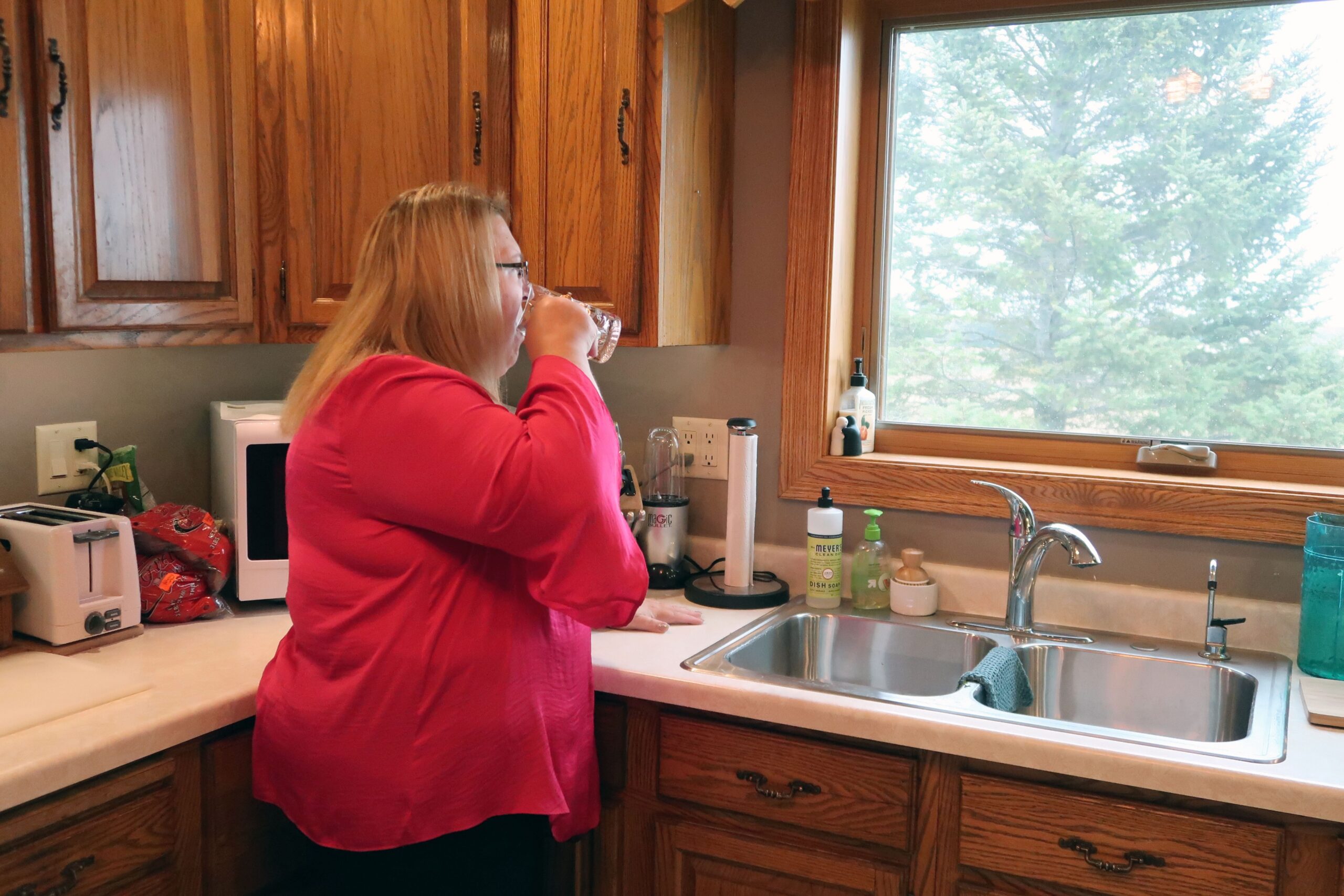
Rep. Todd Novak, R-Dodgeville, said he would love to change that cap, but noted lawmakers “got shot down pretty hard” under legislation that was previously introduced. Shankland said she hopes lawmakers will raise the program’s income eligibility in the next session.
The bill has the support of more than 20 farm and conservation groups that include Clean Wisconsin, the Wisconsin Farm Bureau Federation and the Dairy Business Association.
Chad Zuleger, director of government affairs for the Dairy Business Association, said ongoing water quality improvements among farms will not address the immediate need of many Wisconsin residents for clean drinking water.
“By expanding eligibility to this underutilized existing DNR program, we can improve access to clean drinking water for those who need help now,” Zuleger said.
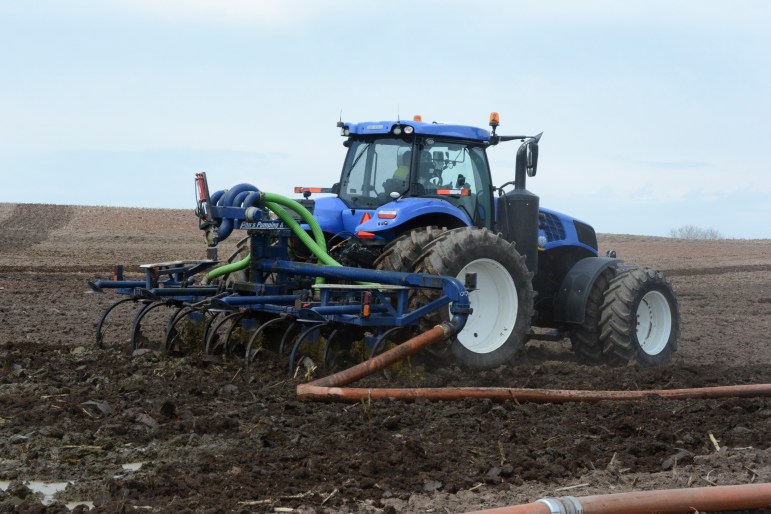
Erik Kanter, government relations director for Clean Wisconsin, said the program’s current restrictions have prevented all but a handful of residents from accessing the program each year.
“Let’s not kick the can down the road any longer,” Kanter said during the hearing Tuesday.
In 2019, Vos convened a water quality task force after reports of nitrate-contaminated wells in southwestern Wisconsin. Evers went on to declare 2019 the “Year of Clean Drinking Water.”
The COVID-19 pandemic delayed action on legislation proposed by the task force, but Republican lawmakers have since said all or part of eight of the 13 bills have been addressed through legislation or the 2021-23 state budget.
Wisconsin Public Radio, © Copyright 2025, Board of Regents of the University of Wisconsin System and Wisconsin Educational Communications Board.

